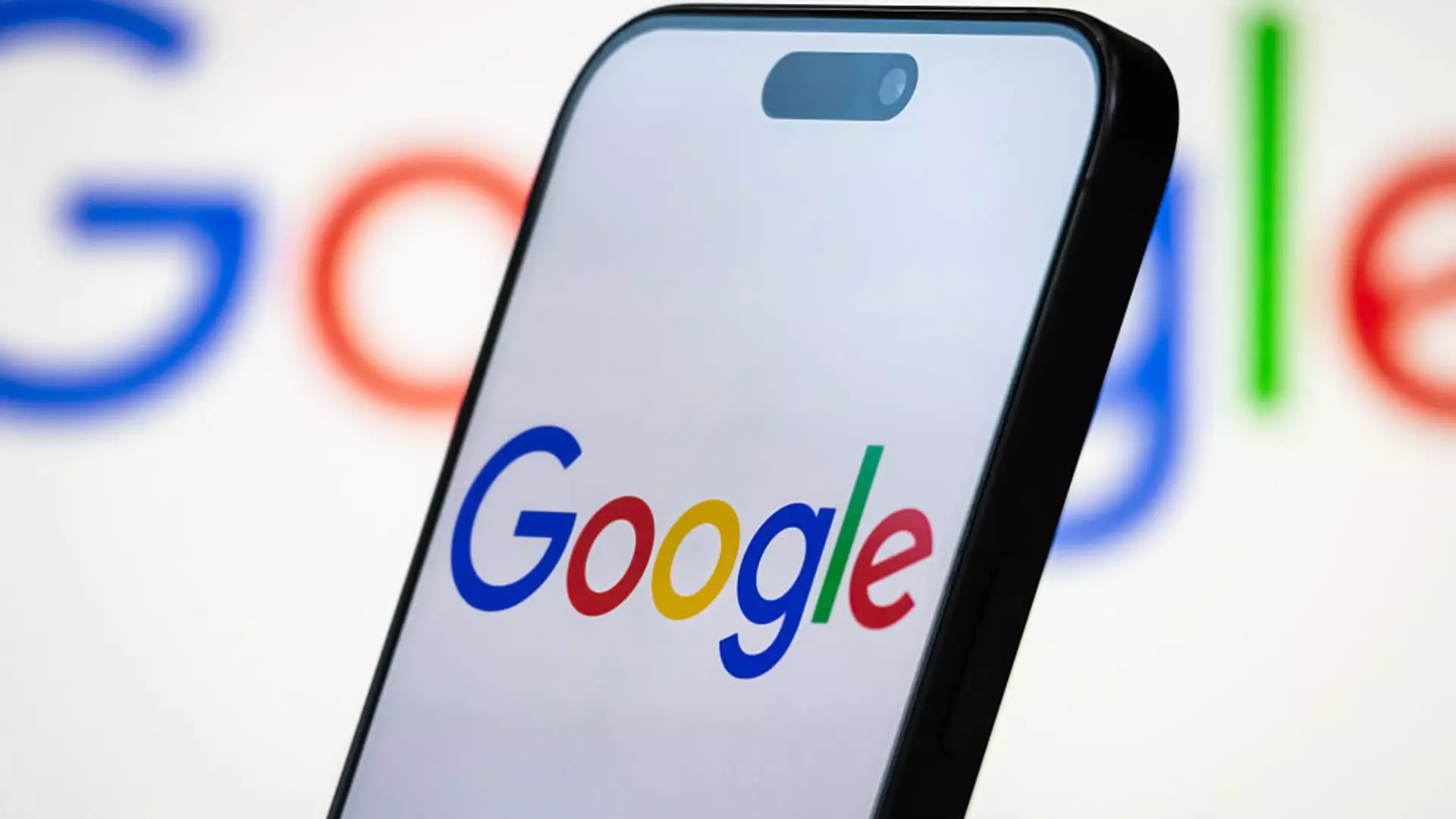The landscape of digital services is shifting dramatically, and Google stands at the epicenter of this transformation. Recent developments in the U.K. signal a pivotal moment where authority may challenge Google’s entrenched power. The Competition and Markets Authority (CMA) is stepping forward, raising alarms about the tech giant’s overwhelming dominance. This scenario is not just a regulatory exercise; it reflects a broader societal demand for equity in the digital marketplace, and here are the critical points to consider.
The Emergence of Strategic Market Status
The CMA is exploring a designation known as “strategic market status,” a powerful tool designed to address monopolistic influences in technology sectors. This potential classification under the Digital Markets, Competition and Consumers Act empowers the CMA to enforce direct consumer protections against tech behemoths like Google. The imposition of this status could lead to substantial changes in how Google operates, demanding transparency and fairness. For the average consumer, this could mean more choices and improved service, but will it come at the cost of innovation?
Legal Precedents Shaping the Future
The push against Google isn’t confined to the U.K.; globally, regulatory bodies are scrutinizing its business practices. Recent judicial actions in the United States have characterized Google’s monopolies in online advertising as illegal. By drawing parallels between these international cases, it becomes clear that the tide is turning against Big Tech. This scrutiny is not merely reactive but rather a proactive step towards reinstating competitive fairness in tech markets. However, one must ponder whether continual legal challenges might stifle technological progress. If innovation is hindered by regulatory shackles, everyone loses.
Ensuring Fair Competition and Consumer Choice
The CMA’s proposed measures include creating choice screens for search services and ensuring that Google doesn’t unfairly leverage its market position against competitors. These interventions could reshape the user experience, promoting a more balanced digital ecosystem. The idea is sound: consumers should have the power to select their preferred services without overly aggressive nudging from the tech titan. But what about the secondary effects? Will these changes create a fragmented space where services are diluted rather than enhanced? As the digital environment becomes increasingly competitive, it’s crucial to proceed with caution.
Google’s Pushback: A Sign of Uncertainty?
In light of these developments, Google’s response reflects a mix of concern and resolve. The tech giant contends that the CMA’s investigations are broad and unfocused, suggesting that such scrutiny may be excessive. This defensive stance is emblematic of companies facing regulatory pressures, revealing the tightrope they walk between serving consumer interests and defending their business model. Google’s argument centers on the principle of innovation; yet, there’s a significant moral imperative at play here. Innovation should not come at the expense of competitiveness and fairness.
Global Momentum in Regulatory Reform
The scrutiny of Google is part of a larger global movement to reevaluate tech regulations. As the European Union continues to enforce draconian penalties for anti-competitive conduct, the implications for Google’s operations in various jurisdictions could be profound. The parallel drawn between the U.K.’s emerging regulations and European mandates emphasizes the international urgency to adapt to changing consumer needs and technological advancements. The real pressure is mounting for Google, which may be forced to navigate an increasingly labyrinthine regulatory framework — a reality for many giants in the tech industry.
The evolving dialogue around Google’s market position signals not merely regulatory action but an urgent call for ethical practices in technology. The stakes are high, and as we witness the unfolding drama, we must ask ourselves: how far are countries willing to go to balance innovation with fairness? The answers may define the future of the digital marketplace.

